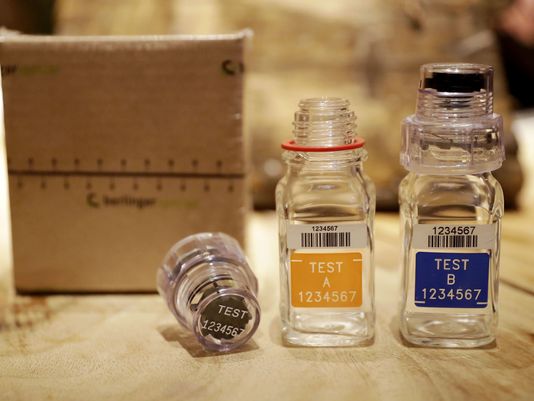WADA to fund anti-doping project piloting artificial intelligence
Canada and Germany will begin testing AI as a new aspect of anti-doping efforts

On Tuesday, the World Anti-Doping Agency (WADA) announced that they’re funding four projects in Germany and Canada that will look at whether AI could spot signs of drug use. The plan is to use AI as a way to flag athletes, but they couldn’t be handed a charge on AI data alone.

RELATED: Drug testing significantly reduced due to COVID-19
“When you are working for an anti-doping organization and you want to target some athletes, you look at their competition calendar and you look at their whereabouts, you look at the previous results and so forth,” WADA senior executive director Olivier Rabin told The Associated Press. “But there is [only] so much a brain can process in terms of information.”

RELATED: Recover with hands on knees, not over head
WADA is looking to discover if AI could be better at spotting cheating than a human investigator. Due to the pandemic significantly decreasing in-person testing, the AI push has been expedited because, with it, so much research can be done remotely. WADA reminds that testing athletes isn’t just about detecting banned-substances, but also looking at their biomarkers (for example, red blood cell counts or testosterone levels). The AI would hopefully be able to cross-reference these biological passport reports (which include the biomarkers) with other information to catch red flags.
The project will cost WADA $425,000 and be matched by the province of Quebec’s research fund.


